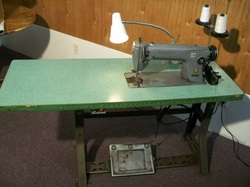|
1 Comment
10/25/2022 11:10:29 am
I have this machine do you know what is worth? tried to match up model numbers that are on the machine and they say not found. Any help would be appreciated. Thanks Dianne
Reply
Leave a Reply. |
News, Reviews,
|

 RSS Feed
RSS Feed